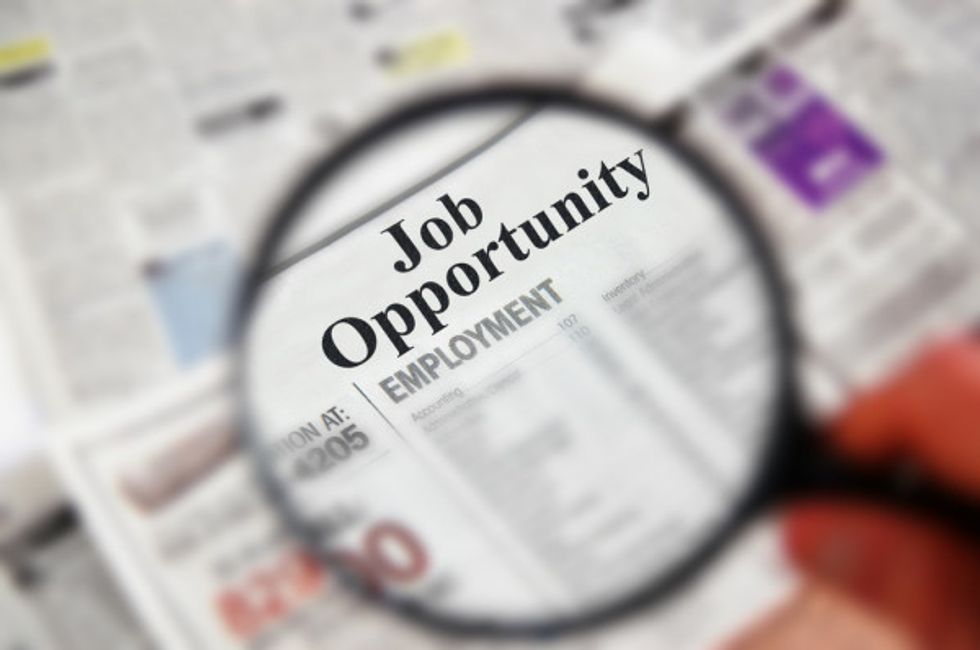Customer Relationship Management
Anybody that has worked a service job has had their "regulars" who come in consistently. At my past job there are a couple of the regulars that I can think of off the top of my head. One of the gentleman comes in every morning and orders a senior decaf coffee with ice in a medium coffee cup. The other gentleman, comes in early every afternoon and orders a triple cheeseburger with a large diet Coke. There's usually a specific reason the regulars will stick out in your head. For example, every time the gentlemen with the coffee orders, he will say "I want a senior decaf coffee, special request, they will know what I am talking about." And he's right, every time he orders, he doesn't have to say another word. The other gentleman, with the cheeseburger, comes to mind because after some time of serving him, I came to find out, he actually worked in my school system and lives approximately ten minutes from my home. You would never believe that a person would stick in your mind that way, but they do. In fact, there are many more examples in my mind of customers, just like these gentlemen. Eventually you will find yourself thinking 'I wonder what time [insert name] will come in today?' The point is, remembering important details about your "regulars" is an important lesson in cultivating relationships and is a valuable skill in any job field.
People and Experience Management
Here's the part that can make a service job your best friend or your worst nightmare. You have to be able to deal with the public. Which sounds easy, but trust me (and anyone in a service job) it is NOT. While dealing with "regulars" is usually comfortable and pleasant, the travelers or the people that are passing through your town or city tell another story. I have personally learned, especially with the travelers that the best way to keep them happy is to ask them about where they came from or where they are heading to. In a service job. keeping the customer happy, getting their order correct (of course), and showing a genuine interest in what brings them to town are 3 key moments that lead to exceptional and memorable customer service. Which, in turn, is reflected in the store or restaurant's reviews and ultimately the success of the business improves the lives of employees and patrons alike. Don't get me wrong, you will always have challenging customers too. Particularly, the ones us millennials call, "Karen's." These are the customers you deal with that have a problem, no matter what you do for them. There is no avoiding it. At my past job, we would have at least one per day. Whether it was an issue with the order, a particular worker, or the store itself, they would always have something to complain about. These are the customers that would ruin your whole day, if you let them. There has been numerous occasions, I have clocked out to go home and on my way back home, I would still be thinking about that same customer. Learning to deal with people (especially "Karen's") is a great skill to develop. Moreover, learning NOT to "take it home" with you will ultimately improve your work life balance.
Social Skills and Confidence
Social skills take time and effort to develop.. In my opinion, this was also the hardest aspect of my job to master. For a service job, you have to be a completely different person - if you work in a service industry you know that you have a "customer service voice". Like many others, when I began my first job, I was very shy and introverted which changed over time. Eventually, I was promoted to a job in the "GEL" department of a restaurant (guest service and experience leader). In this job social skills were a huge aspect of the job as we were the people that would walk customers through their experience, and keep checking in on them as they dined. As we all know, nobody likes someone to constantly hover over them as they are trying to enjoy a meal, so we were to strategic so as to check in on customers at appropriate times. I would check in once when they first got their food, and once before they were starting to leave to make sure everything was to their satisfaction. These customer experience checkpoints proved to be an effective way to show our customers we cared about their experience, while not making them feel crowded. Another important lesson I learned was how to be yelled at and how to deescalate and resolve the situation. The LEAP method of Listen, Empathize, Apologize, and Problem Solve proved effective and demonstrates that people want to be heard and to know that their experience matters to you as representative of a company. Having the confidence to approach a table of 10 people to ask about their experience, or to remain calm when being yelled at about something completely outside of your control are great skills that you will learn at a "service" job.
I am a big proponent of working at a "service" job at some point in your career. It will not only teach you valuable skills about customer relationship management, people and experience management, and social skills and confidence, but will also teach you to appreciate service workers and how to be a good customer as well as a good employee.






















